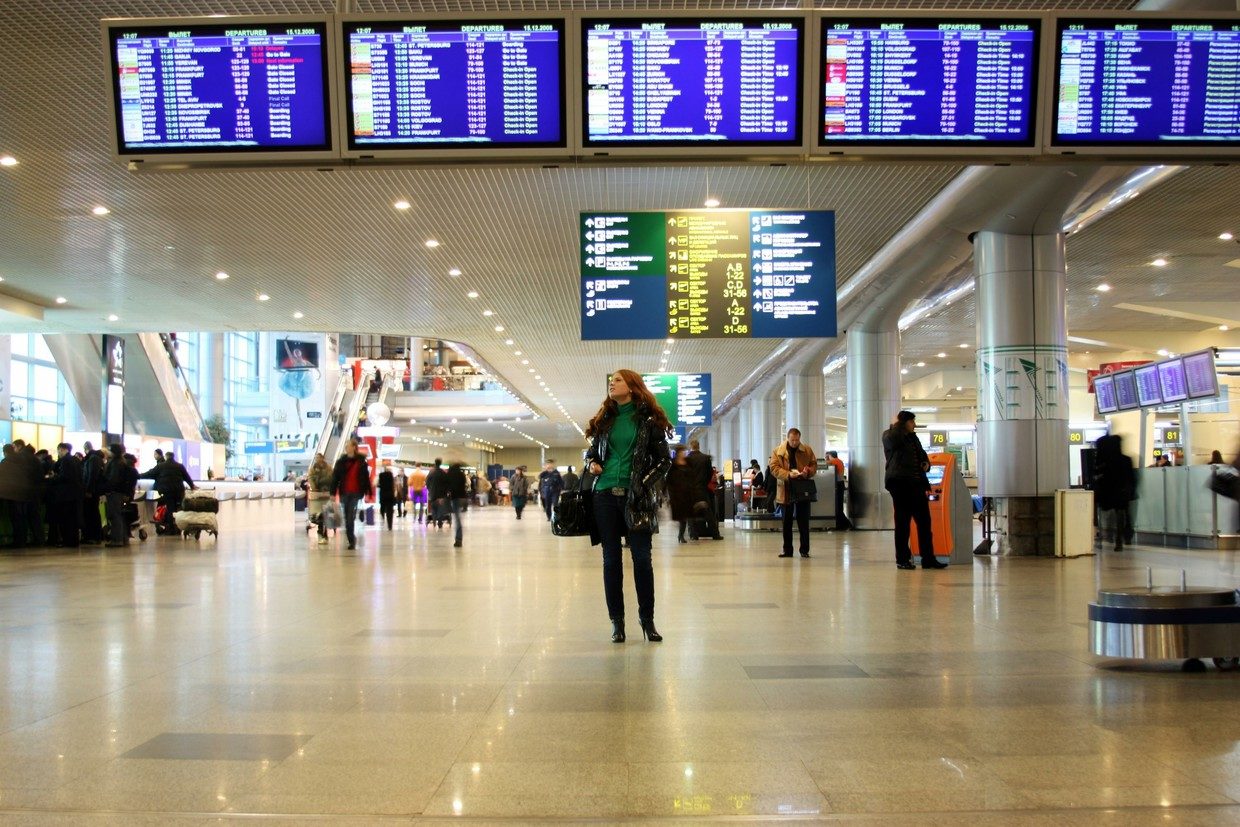Lobbygruppen markedsfører for tiden en amerikansk regeringsstøttet 'Disinfo Uge', med seminarer i Belgien, Grækenland og Spanien næste måned. Ironisk nok, så har dets egne lobbypersoner på samme tid besluttet at komme op med nogle misledende overskrifter af deres egne.
Det er den eneste forklaring på en besynderlig rapport som angiver at Rusland for tiden lider under af et usædvanligt "intellektuelt tab [brain drain]."
En påstand som går stik imod fakta, idet landet har et af de laveste emigrationsrater i Europa. Det er endog fire gange mindre sandsynligt at russerne forlader deres hjemland end briterne, for eksempel.
Kommentar: Denne artikel er delvis oversat til dansk af Sott.net fra: NATO's Atlantic Council claims Russian 'brain drain' but emigration rate is about 4 times lower than UK
Here's the Atlantic Council's argument. Based on testimonies from 400 people in four western cities (Berlin, London, New York and San Francisco), activists contend that "highly educated and socially aware individuals" are saying "do svidaniya." It also notes how the (mostly liberal) "political views of this group are encouraging." Which misses the point entirely. Because surely their "progressive" values have led them to domicile in large open-minded cities? And, notably, most said "they do not plan to return to Russia in the future, even if Russia's economic or political conditions improve." And their definition of "improve" most likely wouldn't be shared by most of their compatriots.
The political views of the selected respondents are completely out of whack with mainstream opinion back home. For instance, only 12% approve of Vladimir Putin (against over 60% in Russia) and a whopping 72% support the "non-systemic" opposition. This includes figures such as Aleksey Navalny and Mikhail Khodorkovsky. Neither of whom poll over 2% in Russian surveys.
Anyway, over-analysing the Atlantic Council's work is self-defeating, given the outfit exists not to inform, but to confuse, befuddle and bewilder. Also, in interpreting this "work" we have to understand how the "think tank" exists to push negative messaging about Russia, in line with its pro-NATO mission.
The "brain drain" trope is "backed-up" here by the fact that the overwhelming majority of Russians living in these four urban areas are well-educated. But it ignores how Russia practically leads the world in educational attainment. According to the OECD the percentage of Russians who've attended third-level is "54%, compared to 31% on average among OECD countries and 26% on average among G20 countries."
Thus, Russia essentially has more brains to drain than the rest of Europe, meaning any Russian migrants are probably going to arrive wielding degrees. Especially given, from any country, it's generally the most ambitious who seek fresh pastures.Yet, the numbers leaving are rather small. Atlantic Council flags how "since 2000, around 1.6-2 million Russians have emigrated" (from a present population of around 146 million). This amounts to an emigration rate of between 1.1% and 1.3% over almost two decades.
By comparison, from 2006-2015, 1.5 million British citizens left the United Kingdom. Which means, assuming the trend was similar from 2000-2005 and 2016 to the present, the British outflow (from 66 million residents right now) is around four times higher, per capita.And given most Brits who departed previously worked in "professional or managerial" roles, it's safe to say it's also better educated people who are leaving 'Blighty'. But don't hold your breath for an Atlantic Council special on "Theresa May's brain drain."
Or don't expect our heroes to report how more than 1.7 million Ukrainians have applied for Russian citizenship between 2014-2018 alone. Incidentally, a number greater than the entire Russian outflow over a four times greater time period, from a country with a quarter of the population.
So much nonsense is written about Russia that even this report merits more an eye-roll than outright rage. But it's rather bizarre to see an organization venturing onto such shaky ground just two weeks before staging its own "disinfo" seminars, which are ostensibly aimed at fighting the scourge. Perhaps the Atlantic Council can use its own report as a case study?
Bryan MacDonald is an Irish journalist based in Russia.




Kommentar: As noted in How Putin won the support of Russia's youth: And this is the kind of approval rating politicians in the West could only dream of.
See also:
- UK poverty: Hungry children 'eating from school bins' - head teacher
- Yellow Vests Rise Against Neo-liberal King Macron
- Despite "shiny new buildings" children in Northern England face poverty, bad schools and a lack of opportunities
- New York's millennials are waiting tables to pay off student loans - fighting elimination of 'tip credit'
And check out SOTT radio's: NewsReal: Will Globalists' War on Nationalism Lead to Bloody Revolution?